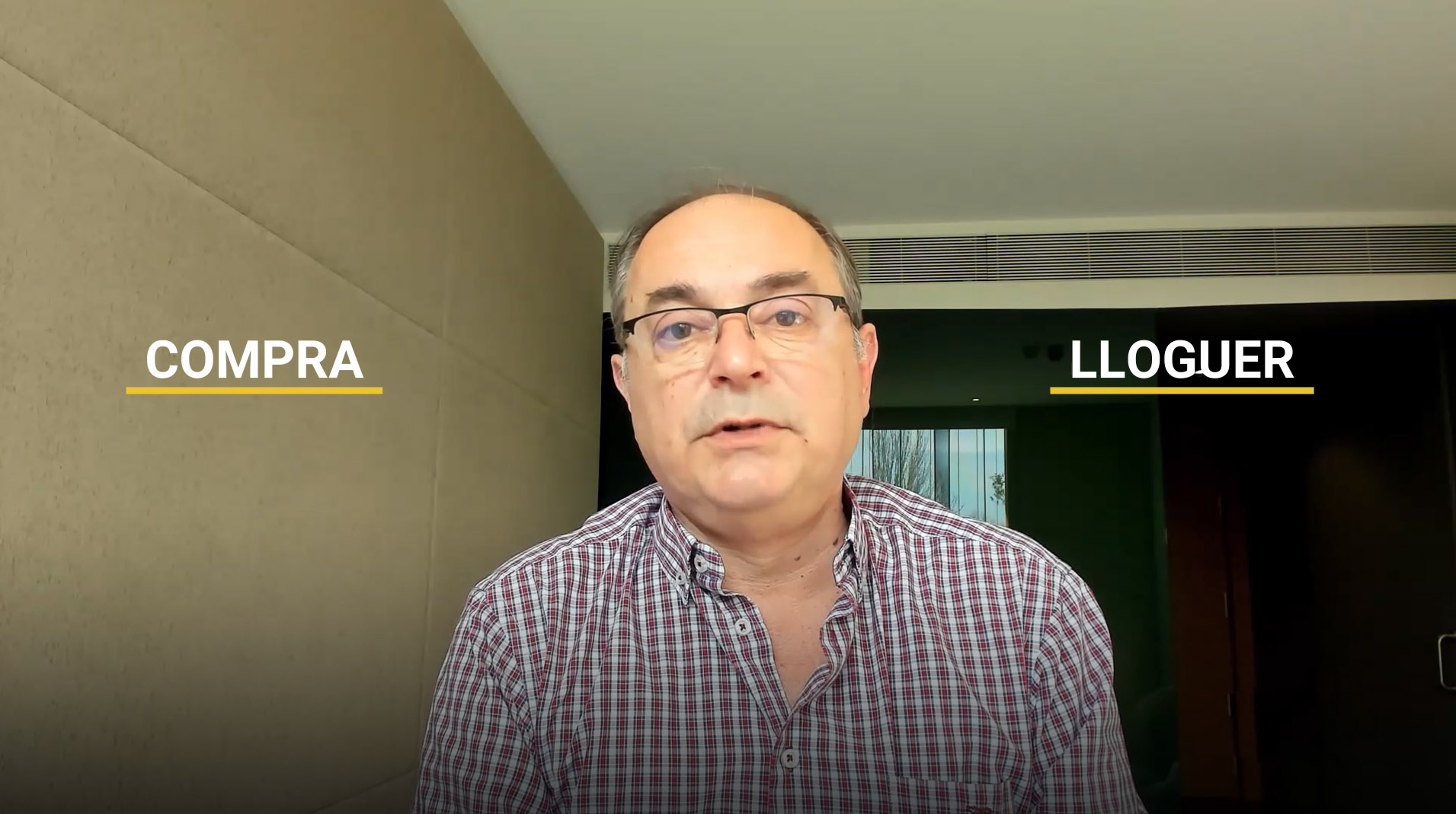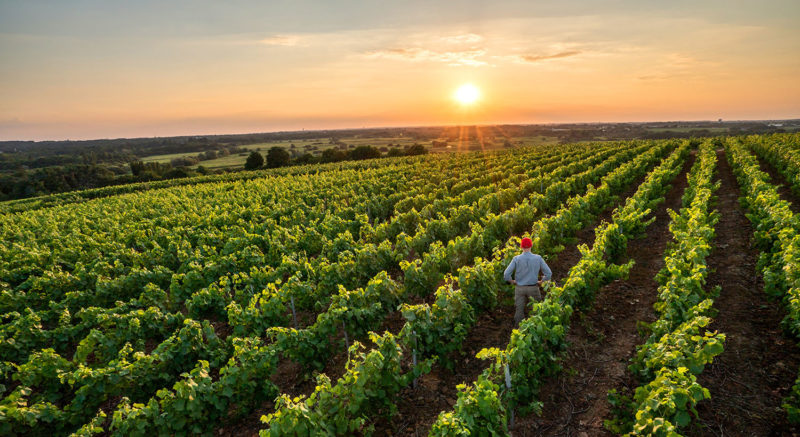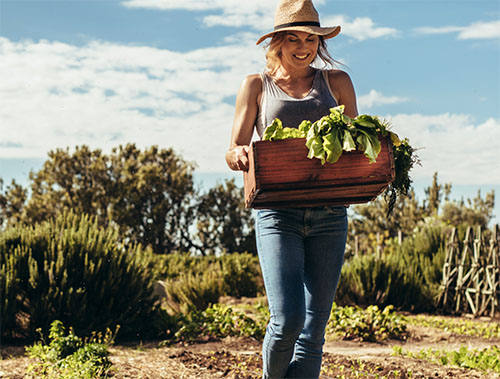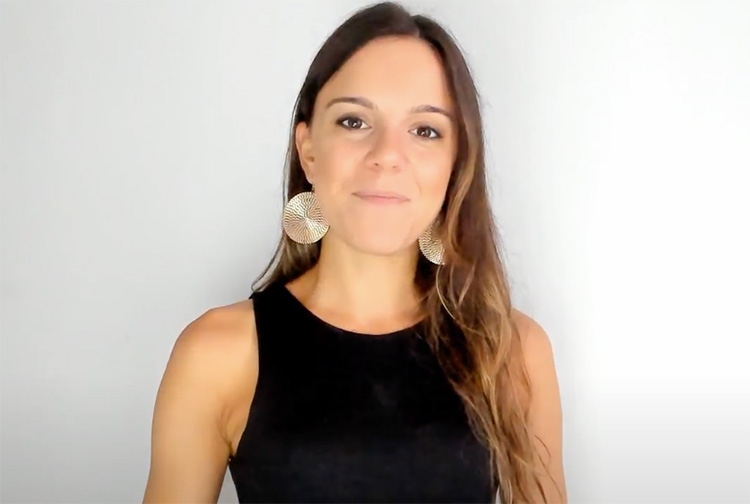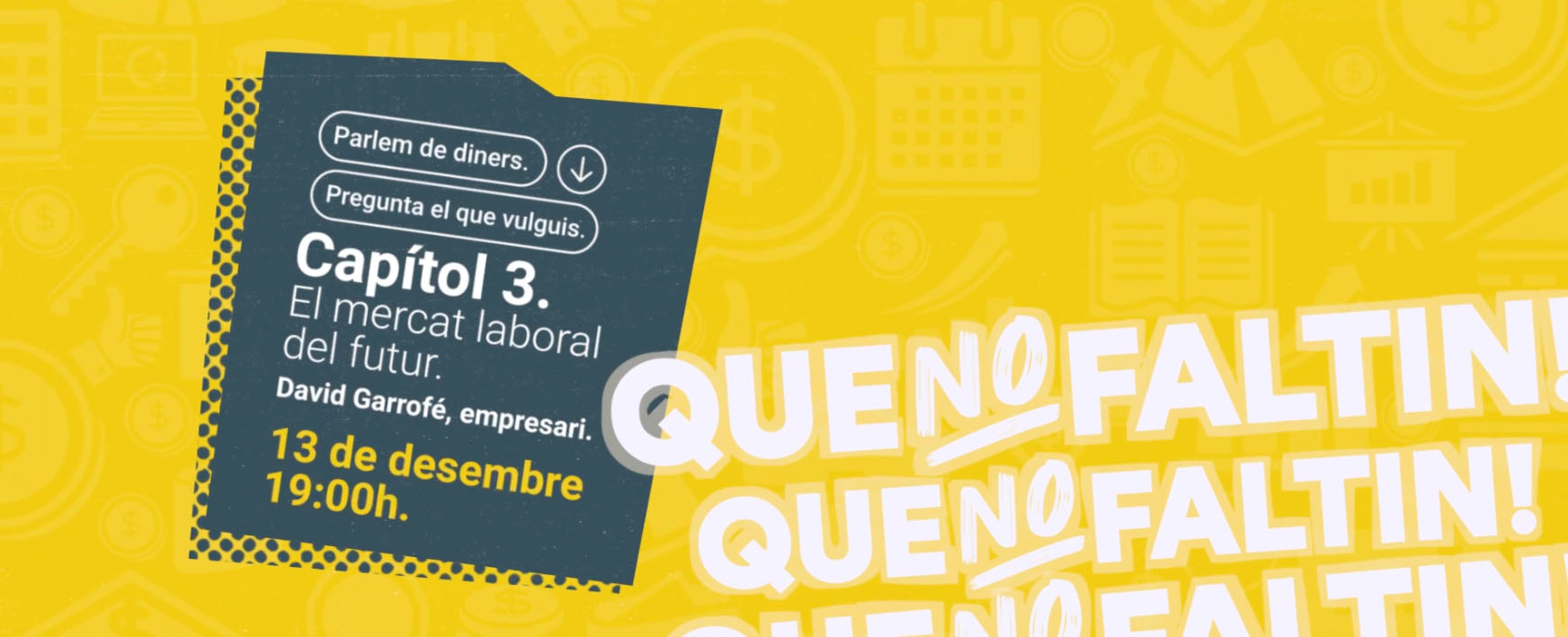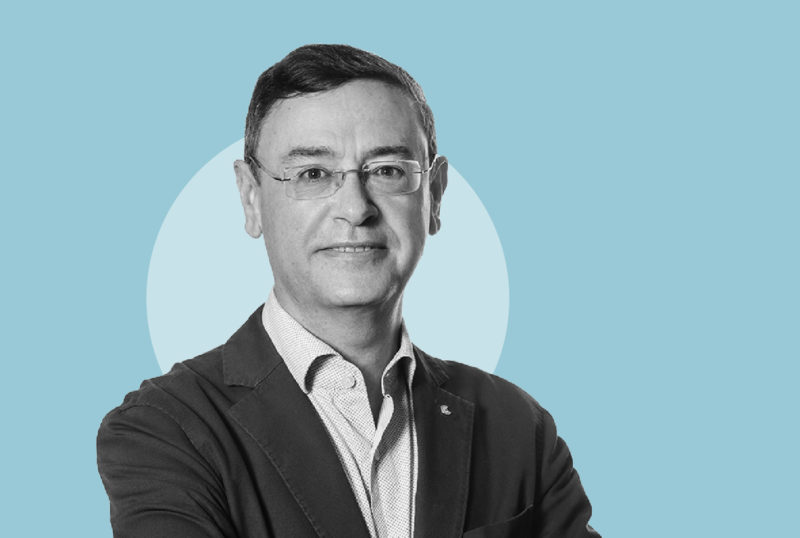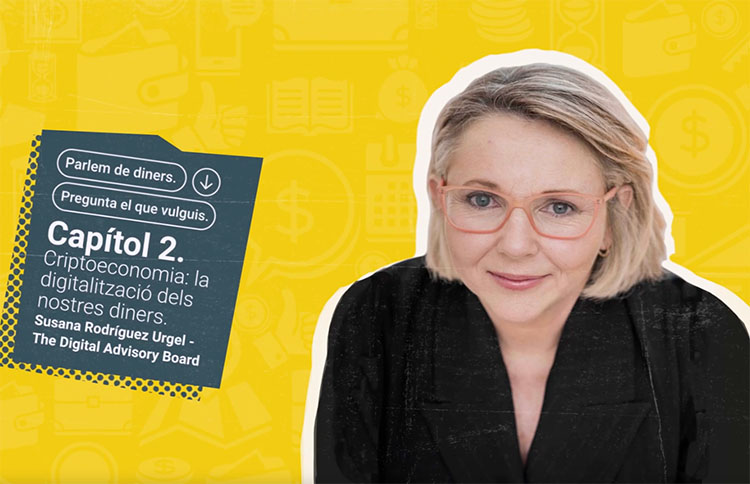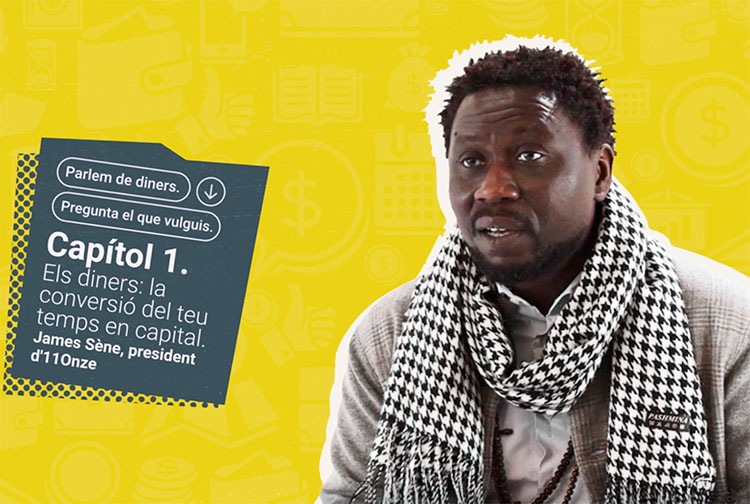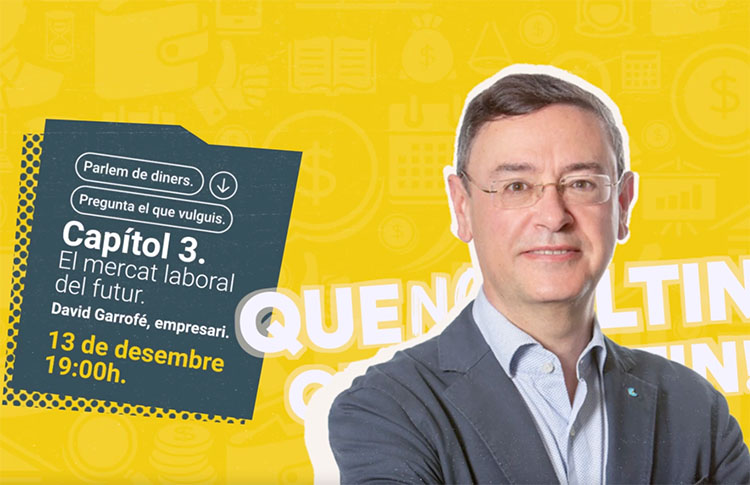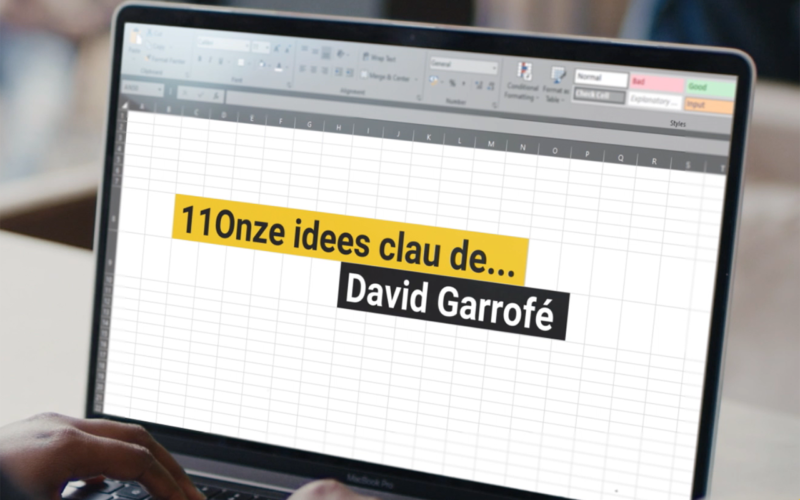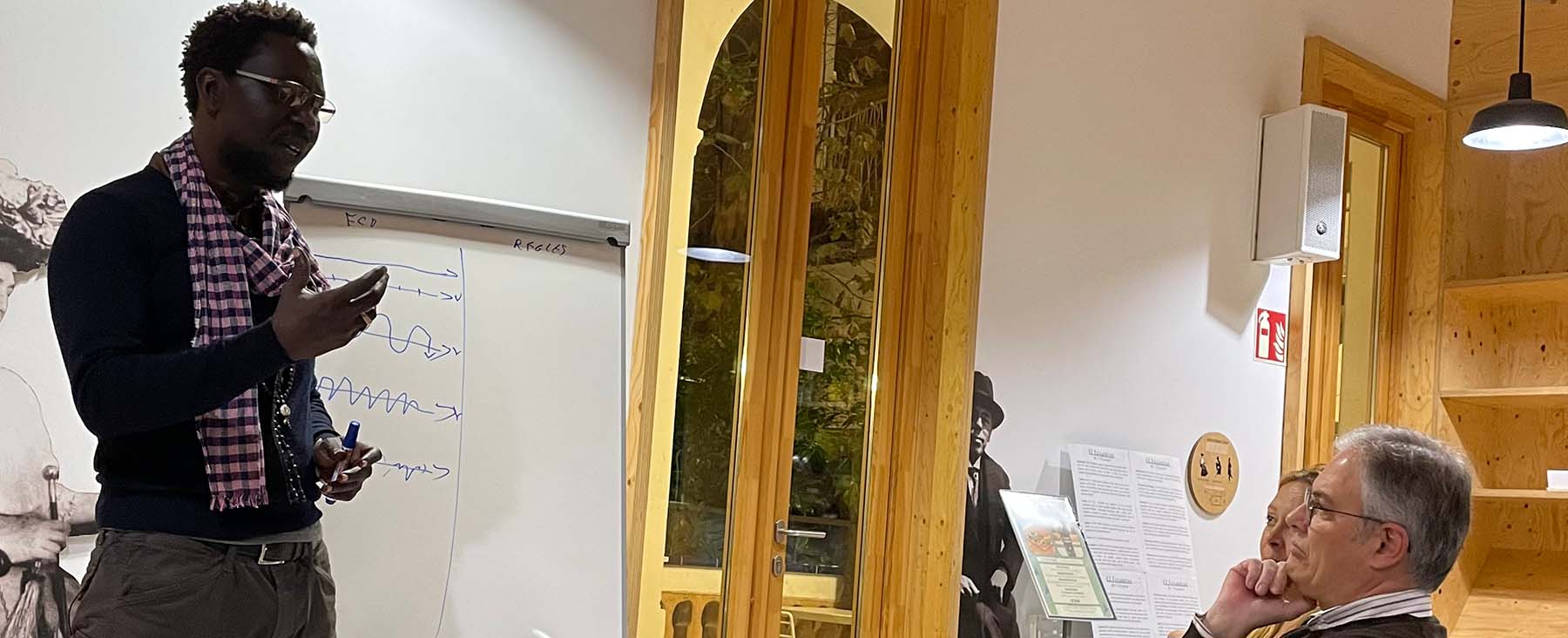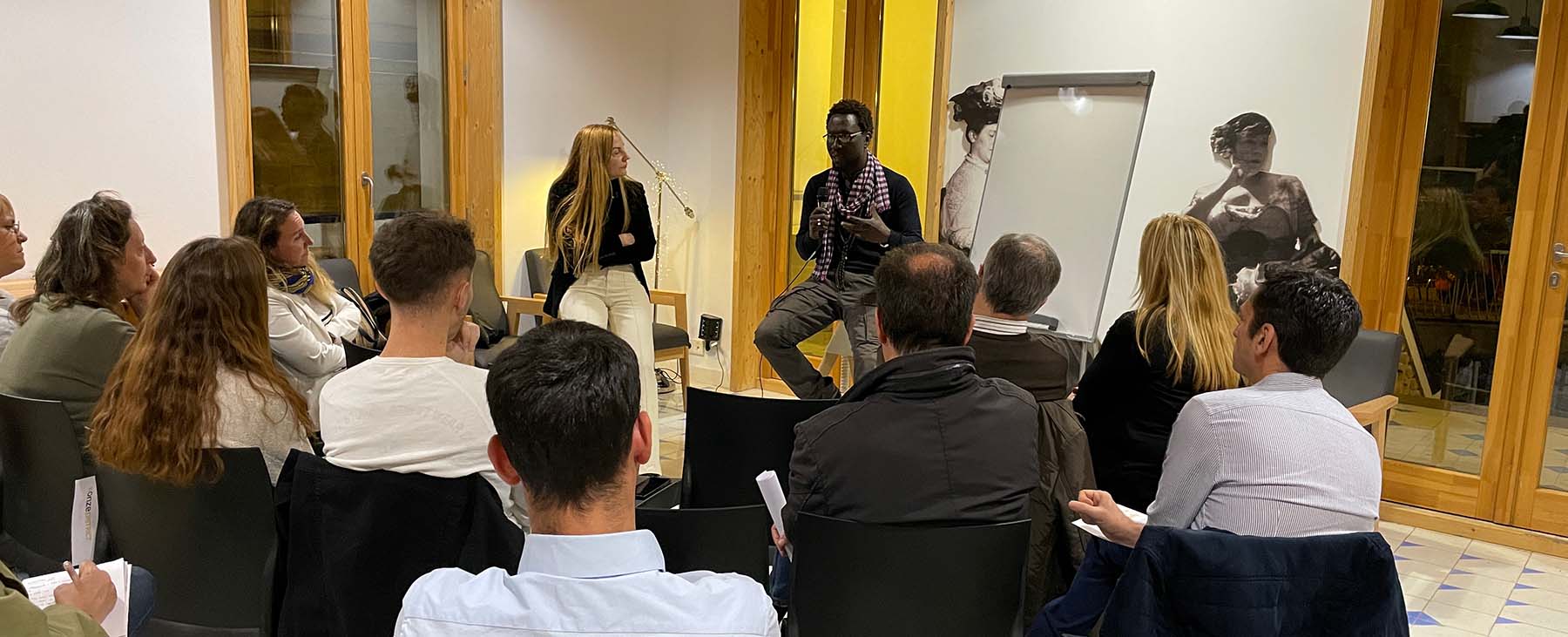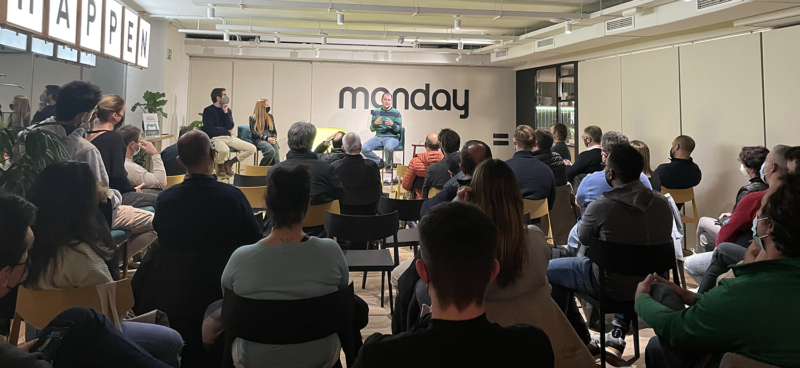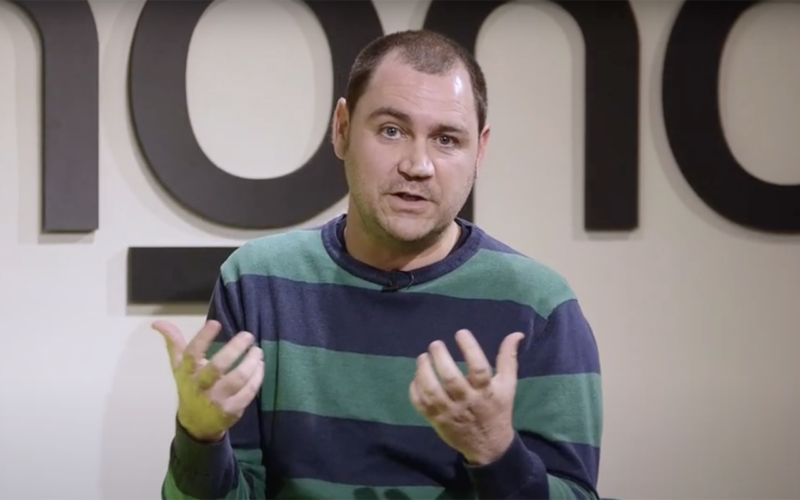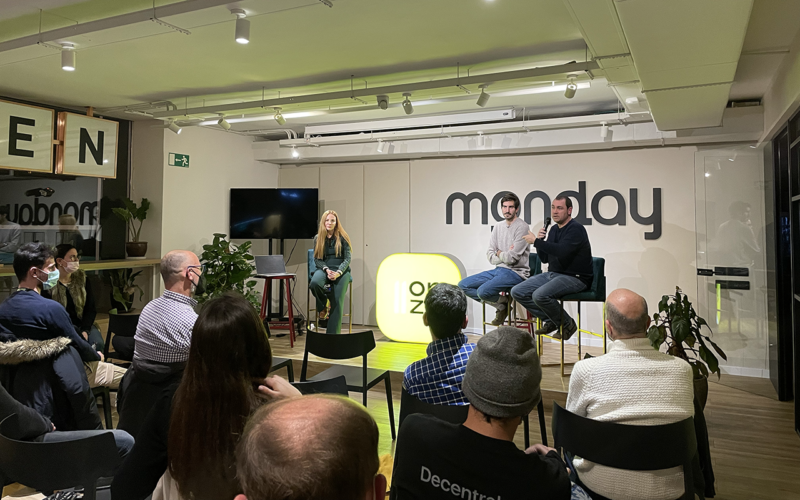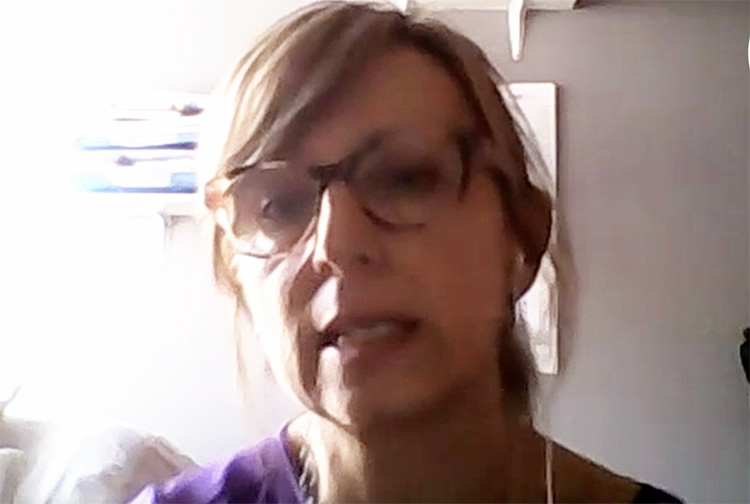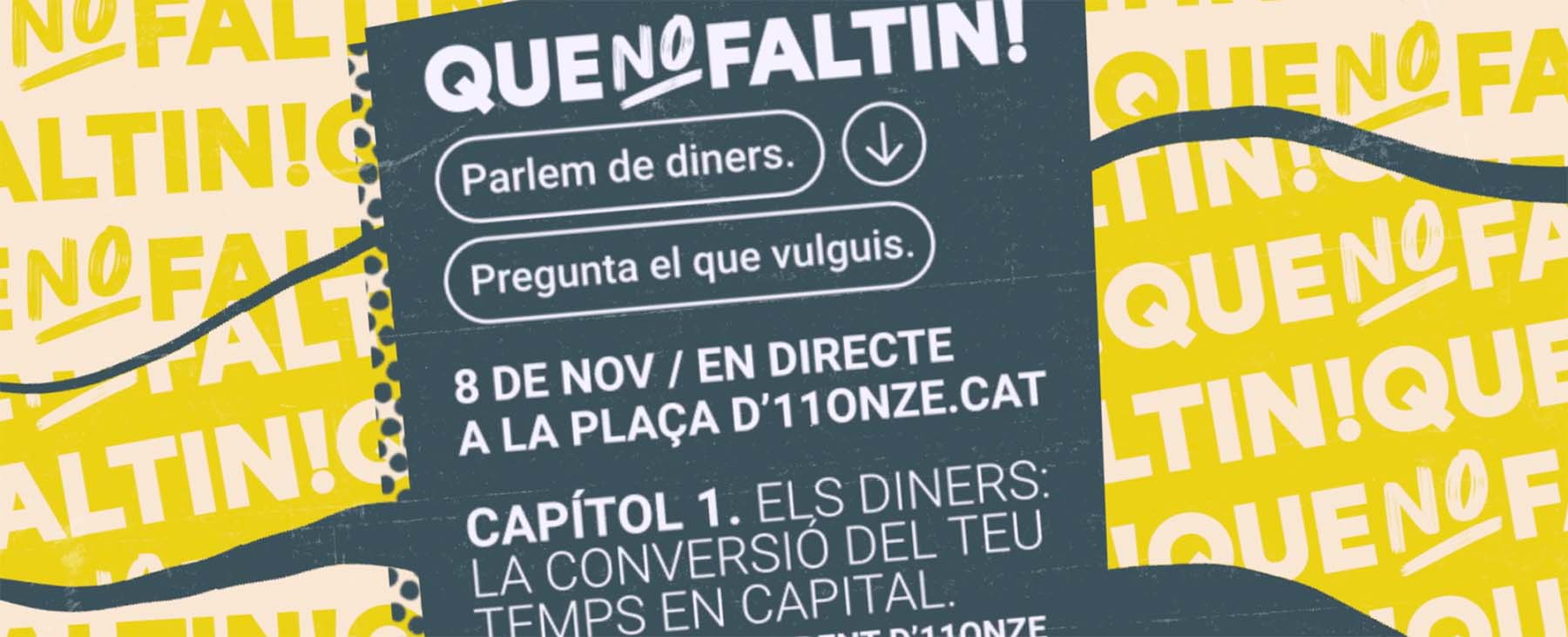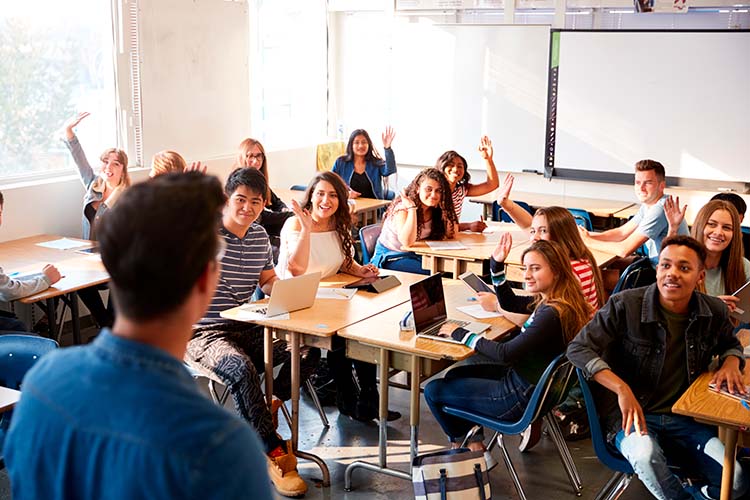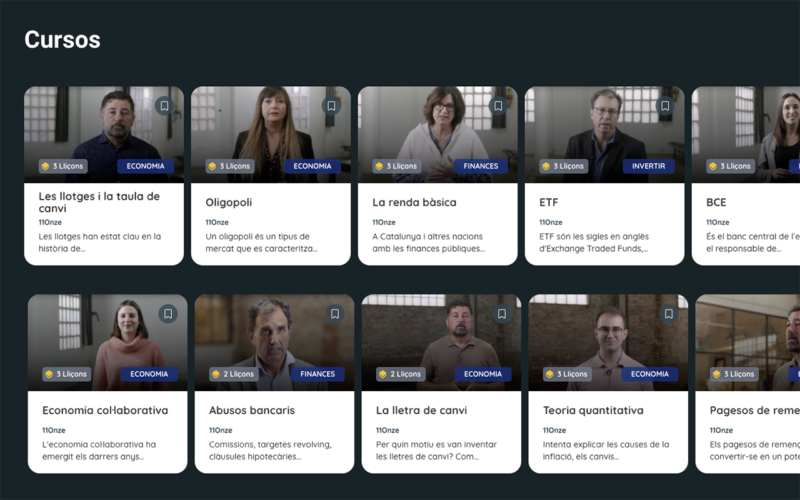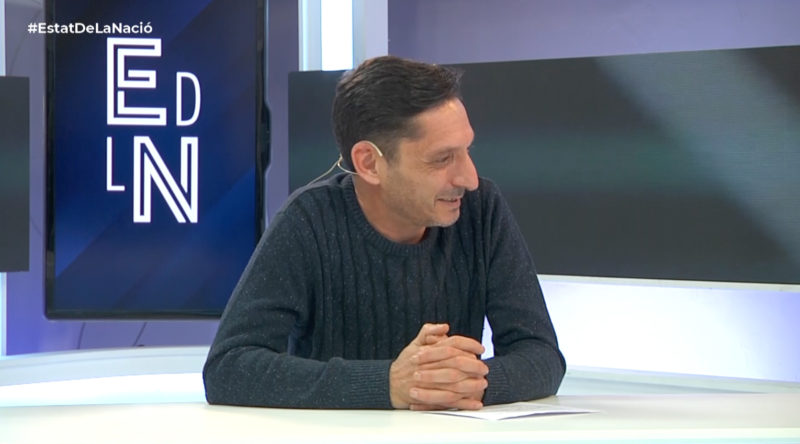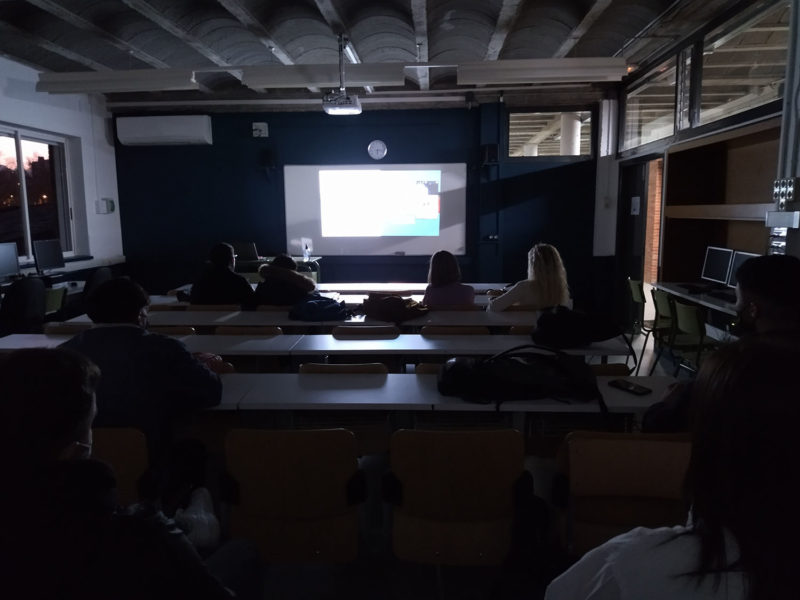What to accept and not accept when renting a house
In the real estate market, and specifically in the rental market, we can find very different situations that can lead to abuses and breaches of current regulations at all times. But does the tenant suffer all the abuse? Or can the owner also feel helpless?
Last September, the new Rental Price Containment Act came into force (11/2020 Law of September 18), with the aim of curbing the huge rise in prices that was being experienced, especially in Barcelona and the metropolitan area. This lowers and freezes the price of new rentals in areas with high demand for housing. An average reduction of 4.12% has been achieved.
With these measures, it seems that politicians are responding to the demands of platforms and unions, in favour of affordable or, at least, regulated housing. A Quick Guide has even been published to announce the scope of the new regulations.
What are the abuses?
Clearly, it was unsustainable to keep the upward pattern in rental prices, as has been happening in recent years. Tenants have basic rights that are sometimes violated, and they should report them if they find themselves in any of the following situations of abuse:
- Upon signing the rental agreement, the owner must deliver the certificate of occupancy and the energy certificate. Obtaining these documents comes at a cost, so some owners may try to rent the home without having them, even though they are mandatory. For the rental of commercial premises, only the energy certificate is required.
- Make a peaceful use of the home, without the owner being able to disturb it. Many times the so-called real estate bullying (harassment) occurs, that is, making the tenant’s life miserable and forcing them to leave, thus being able to speculate with that home. These actions are usually carried out by large holders, such as mutual funds.
- The owner must take care of the necessary repairs and maintenance. The tenant can make these repairs if they are urgent, with prior notice, and they can be deducted from the price, but sometimes these repairs are not considered necessary, and there is no refund of the cost.
- They can terminate the contract and have the deposit back, but there are owners who do not want to return it, and this money could not have been deposited in INCASÒL as required. This may mean that the rental has not been registered and, as a result, you may have more difficulty having the deposit back.
However, the right to the return of the deposit is lost if the home is left damaged, which can lead to a repair cost.
Protection of owners
However, you may find that the owner is not to blame for a conflicting relationship with the tenant. For example, it may happen that the home has not been legally rented, but someone has decided to move in without permission; that there are defaults on the agreed rent; or even that there is a misbehaviour of the tenant.
The new law does not resolve any of these situations in which an owner may be. However, as citizens, they also have the right to be given tools to resolve them. The only forecast that is made is for small tenants who may be in a vulnerable situation, who are allowed a 5% increase in rent, above the established maximums.
Owners can easily find themselves helpless as they are considered to be the strongest side in the deal. But the truth is that they can see how a tenant stops paying or damages their home, and that the solution to the problem always has to end up in court, which means a high cost of time and money.
The point is that this problem affects investment funds and small holders alike. With the new regulations, it seems that this situation is beginning to reverse, as they take into account the diversity of owners that exist, and make the distribution of responsibilities in this madness that is the real estate market a little more equitable.
If you want to know more about superior options to make your money profitable, go to Guaranteed Funds. From 11Onze Recomana we propose you the best options in the market.
Segur que has sentit a parlar de l’economia col·laborativa, és a dir, totes aquelles activitats que suposen un intercanvi de béns i serveis entre persones. Però què caracteritza exactament aquest model? Com posar-lo en pràctica en l’era digital?
Abans que l’economia col·laborativa fos tendència, el seu consum es limitava al cercle més pròxim. Tot quedava a casa, tenia una escala gairebé familiar. Tanmateix, gràcies a Internet, és possible connectar amb persones de tot el món amb interessos comuns. La digitalització de la societat i la crisi econòmica han afavorit el desenvolupament de nous models de negoci i noves formes de consum.
L’economia col·laborativa té diversos avantatges. El primer, i més important, és que permet optimitzar els recursos, perquè podem donar més utilitat als nostres productes. A més, també ofereix al consumidor final més varietat. Alhora, és un bon model per estalviar, perquè els clients poden comprar béns i serveis de segona mà a un preu inferior al de mercat. Tot plegat genera un ecosistema basat en el compromís, la solidaritat i la generació d’idees, sovint de la mà d’emprenedors amb nous negocis, que generen ocupació, riquesa i innovació.
D’altra banda, però, també cal tenir present que l’economia col·laborativa, en tractar-se d’un model entre particulars, no té un mercat regulat legalment i la competència és força deslleial. Per això, és un sector que dona lloc a queixes i protestes dels sectors afectats, fet que pot desprotegir al consumidor.
Economia compartida, un ventall de possibilitats
Dins d’aquest model d’economia col·laborativa, que sovint també s’anomena “economia compartida”, n’hi ha de moltes menes diferents, amb diferents funcions, que varien en funció de les necessitats i els productes. Hi ha, per exemple, els negocis de consum col·laboratiu, que fan servir plataformes digitals a través de les quals els usuaris es posen en contacte per intercanviar béns o articles, com el transport col·laboratiu, l’allotjament col·laboratiu i el comerç col·laboratiu de segona mà, entre d’altres.
També hi ha les empreses de coneixement obert, és a dir, tots aquells negocis que promouen la difusió del coneixement sense barreres legals o administratives. Poden presentar-se en el dia a dia o a través de plataformes informàtiques a les quals acudeixen usuaris amb necessitats. Així mateix, trobem el model de producció col·laborativa, és a dir, xarxes d’interacció digital que promouen la difusió de projectes o serveis de tota mena. La diferència amb els dos models anteriors és que el que s’ofereix també es produeix en el si d’aquestes plataformes.
Per últim, trobem les iniciatives de finances col·laboratives. Microcrèdits, préstecs, estalvis, donacions i vies de finançament s’inclouen en aquest subgrup, on els usuaris es posen en contacte per satisfer necessitats en qualsevol d’aquests aspectes. El millor exemple el veiem en les plataformes de ‘crowdfunding’, un model de finançament per aquells que desitgen fer donacions per iniciatives concretes.
Les quatre característiques del model
Malgrat l’heterogeneïtat dels negocis i indústries que s’engloben dins d’aquest model, les empreses de l’economia col·laborativa es poden descriure a través de quatre característiques:
- Fan servir tecnologies de la informació (TIC), disponibles a través de plataformes basades en la web, com les “aplicacions” mòbils en dispositius amb accés a Internet, per a facilitar les transaccions entre dues parts.
- Confien en els sistemes de qualificació basats en l’usuari, per al control de qualitat, la qual cosa garanteix un nivell de confiança entre els consumidors i els proveïdors de serveis que no s’han trobat prèviament.
- Ofereixen als treballadors flexibilitat, perquè aquest equip sovint brinda els seus serveis a través de plataformes de correspondència digital.
- L’equip disposa de les seves eines pròpies. En la mesura en què les eines i els actius són necessaris per a proporcionar un servei, les empreses de correspondència digital confien que els treballadors usin els seus.
En definitiva, el model d’economia col·laborativa pot ajudar a fer créixer els nostres negocis, perquè permet als consumidors estalviar, perquè aposta pel desenvolupament sostenible, perquè impulsa una nova gestió dels recursos, perquè hi ha més oferta i perquè, al final, tot plegat suposa un benefici mediambiental.
11Onze és la fintech comunitària de Catalunya. Obre un compte descarregant la super app El Canut per Android o iOS. Uneix-te a la revolució!
This year, at last, we are leaving behind the Christmas festivities without masks and welcoming the Three Kings laden with sweets. And after their Majesties, it’s time for the sales. So, what day do the winter sales start?
In the case of Catalonia, the Trade Advisory Council approved that the winter sales period will officially begin on 23 December 2022 and end on 12 March 2023. That said, it is still a recommendation, since, after the changes in the regulations of the last few years that liberalised shopping hours and discount periods, shops no longer have to wait for a specific date to start the sales.
Thanks to the new regulations, sales periods have become more flexible – we see this with Black Friday or the one-off discounts in December – but most shops and brands continue to opt for the classic dates to start the winter sales. Thus, almost all shops continue to hold their sales from 7 January, after Epiphany.
Even so, many brands are advancing the sales period in their online shops or through their apps. Similarly, if we take as an example what they have done in previous years, in physical shops there will also be discounts from a few days before Epiphany on certain items or certain product lines.
The labor market of the future is the topic of this third episode of 11Onze’s financial education video podcast. From 7pm you can follow your conversation live with David Garrofé on this page.
As usual, the ‘Que no faltin!’ will be available exclusively live on La Plaça, in the player in this article. Users can leave questions in the comments of this news item for David Garrofé to answer them live.
On Tuesday 13 December at 7 p.m. ‘Que no faltin!’ features entrepreneur David Garrofé. If you want to participate, reserve your place by writing to [email protected]
With a low birth rate, there will be a shortage of labour. With digitalisation, some jobs will disappear and others will be created. With high international mobility, our most talented young people will be tempted to move to other places that offer better conditions. Is Catalonia ready for the labour market of the future? What do our employers need? What jobs will be most in demand?
We talk about this next Tuesday in our financial education video podcast, ‘Que no faltin! We will be joined by businessman David Garrofé, who for more than 30 years was secretary general of Cecot. It will be a good opportunity for the 11Onze audience to ask any questions they may have on this subject. If you want to ask for a place to participate, you can email [email protected].
Central banks’ digital currencies and our ‘virtual’ identity in the metaverse will play a pivotal role in the proposal to rebuild the global economic model that was put forward from the Davos economic forum. What consequences will this paradigm shift have for our lives? In a new Fintech Talks, James Sène, chairman and founder of 11Onze, explains the changes to come and gives us food for thought on how to deal with them.
Two lions crown the pillars at the foot of the stone-railed staircase leading to the main entrance of Villa Urània. The house is a tower surrounded by a garden in the Sarrià-Sant Gervasi district, which was bequeathed to Barcelona City Council by will by the astronomer Josep Comas y Solà. A neoclassical style space that has been reinvented combining tradition with modernity, and reconverted into a Japanese coffee shop, the Oyatsu Lab, is the ideal setting for a Fintech Talks that analyses what the restart of the current economic model will be like.
It was well into the evening when the audience began to fill the café. Unlike other events previously organised by 11Onze, this talk is thought of to be more relaxed, in small groups, to allow the conversation to flow between the audience and the speaker. Gemma Vallet, director of 11Onze District, is in charge of asking preliminary questions and moderating the debate.
Faced with the imminent economic recession, the first question is obvious: how did we get to this point? To begin with, Sène points out that 11Onze has been explaining and warning for a couple of years that the sovereign debt crisis of the states will lead us to a global crisis with major socio-economic consequences, “when private banks create money out of nothing, constantly, inflation is inevitable”.
Unlimited growth on a resource-constrained planet
The interaction with the audience does not take long to get started, and the conversation drifts towards neoclassical economic theory, which is necessary to understand the current economic model. The management of scarcity as a fundamental concept of the capitalist system has set a path focused on unlimited growth, which is totally unsustainable precisely because of the limited resources of our planet.
A new, community-based, mutualistic model, based on social networks, where most things are shared, is being imposed as a counterpart to the status quo that existed until a few years ago. We are facing a “transition from the old model, totally dominated by a few, to a new model that reaches more people and is decentralised,” says Sène.
He concludes that this change of model is inevitable, but that, at the same time, the actors who now dominate and direct the economy will do their best to perpetuate a system where people’s access to goods is restricted, thus ensuring the relevance of scarcity in the economic model.
A virtual and virtualised world
These are issues that are difficult to explain and hard to assimilate, but the president of 11Onze does not shrug his shoulders and proposes two ‘tips’ to understand what is happening: how the ecosystem works and the rules of the game. But first, he points out that we have to understand that we do not live in a virtual world, but in a virtualised world, i.e. “what happens in the digital world has a real impact on our lives, we are living in a totally virtualised world”.
The creation of central bank-controlled digital currencies (CBDCs) will be the basis on which the centralised financial system will survive, while the metaverse will play a key role in digitising our identities. Public interpellations point out that we may be too late to avoid a fait accompli, while Sène argues that financial information and education are essential resources for people to defend their freedoms.
The debate is wide open and goes on well past dinner time, the conversation was not only flowing, but transformed into a whole series of ideas that increase the collective intelligence of our community, and above all, encourages the learning that is so necessary for our financial sovereignty. Soon, we will publish this Fintech Talks on 11Onze TV from La Plaça.
11Onze is the community fintech of Catalonia. Open an account by downloading the super app El Canut for Android or iOS and join the revolution!
Twinapp is a social network that facilitates interactions between people interested in practising sport through hiking routes across our territory, without neglecting the commitment to environmental conservation. We talked about the project with Teresa Ferrés, a founding partner.
Making society aware of environmental problems and getting people involved in conserving the natural environment can be challenging. Teresa Ferrés founded the Twinapp project with this in mind. Why not combine sport with environmental awareness?
The application allows you to contact people keen on nature walks, organising and promoting outings around our territory. It is a tool that generates community through groups of people interested in running or walking in the mountains. As Ferrés explains, “sometimes it’s hard to find someone to go out with to do sport and this way you are in a community that everyone can join”.
Encouraging ‘plogging’
‘Plogging’, a fusion of the terms ‘plocka upp’, Swedish for picking up, and jogging, originated in Sweden. It is a sporting practice that combines the activity of jogging with the collection of rubbish that we find along the way. The application schedules regular outings related to this practice, including “promoting a campaign called ‘Mou-te pel mar’, which in 2019 organised four outings along the Costa Brava,” says Ferrés.
Bearing in mind that 70% of the waste that is dumped on the coast ends up at the bottom of the sea, the success of these outings, which combine sport with waste collection, is a perfect example of how the entrepreneurial and community spirit represented by Twinapp takes advantage of the possibilities for cooperation offered by social networks and new technologies.
If you want to discover how to drink the best water, save money and help the planet, go to 11Onze Essentials.
If you liked this article, we recommend you read:
 Sustainability
SustainabilityThe environmental impact of detergents
3 min readThe detergents we use to do everyday tasks, such as washing
We present a collection of the 11 best TikTok profiles made in Catalan. These young people have gained popularity on the trending social network by making videos in Catalan.
When we hear the word TikTok, the trending app born in China in September 2016 that allows us to make short music videos of up to 1 minute, many think that this platform is only dedicated to dancing, fashion, makeup, and fun. However, it brings us Catalans something more. Its use, in the hands of some young people, young influencers, has become a great tool for spreading and promoting Catalan. Today we want to let you know what we can consider the top eleven TikTokers which promote Catalan. Let’s get started!
- ferranxidk: Ferran, who lives between Girona and Barcelona, is a guy who makes funny videos, has more than 70,000 followers and accumulates more than 9 million likes on TikTok.
- long_lixue: This other well-known Catalan YouTuber, who lives in Girona and has Chinese nationality, also succeeds at TikTok. Well known for collaborating on iCat, he is also famous for fighting racism with millions of likes to his TikTok profile.
- sanyesmag: This young man from La Garrotxa is famous for his magic videos. He has more than 27,000 followers and half a million likes on TikTok. He is a strong promoter of Catalan through this social network.
- walter_capdevila: with nearly 200,000 followers and 5 million likes on the net, we could proclaim this Barcelonan the king of absurd humour. His TikTok profile is a guarantee of laughter.
- misstagless: here we have Sílvia, with 10,000 followers and more than 150,000 likes on TikTok. This Valencian fights for the use and defence of Valencian, playing with home-made humour and a lot of personality.
- filologa_de_guardia: this student of Catalan Philology is called Aida. Her TikTok profile has more than 5,000 followers and almost 50,000 likes. These will be your new Catalan online lessons!
- apitxat: here we have Xavier, with almost 50,000 followers and a million likes. He is another activist for the Valencian lands. You’ll have plenty of jokes and humour in Valencian.
- Can Putades: these girls are from La Garrotxa and live in Barcelona. They have 40,000 followers and almost 1 million likes. Their videos raise unknown words in Catalan from the Garrotxa region, among other funny videos of jokes from their day to day, without ceasing to have Catalan as the basis of their TikTok profile.
- Aroagr8: here we have Aroa and Paula, with 15,000 followers and over 130,000 likes. Famous from confinement, these two girls play with words according to their region, one in Girona and the other in Amposta. Listening to Catalan had never been so curious.
- Bertaarocach: if you prefer a Catalan profile that sticks for its energy and its typical teenager performances that you will want to see time and time again, here is Berta. A profile with more than 100,000 followers and 4 million likes.
- julen_music: as we are in the summer, and with the sun we feel like dancing, we say goodbye with Julen’s profile. He makes some superb versions of well-known songs, playing with Txarango’s music, or doing a mix of Plats Bruts with music from the Friends show. He has about 10,000 followers and almost 90,000 likes on TikTok.
The previous TikTok profiles have thousands of followers on the trending social network, and best of all, they have gained popularity by showing themselves to the world in Catalan.
11Onze is the community fintech of Catalonia. Open an account by downloading the super app El Canut for Android or iOS and join the revolution!
In the first episode, we talk to James Sène about money as the conversion of our time into capital. Do you have questions? Write them in the comments of this article.
We premiere our financial education video podcast at 19:00 on 8 November, which you can follow live here!
On 8 November, we premiere ‘Que no faltin!’, the financial education video podcast where the public can talk to experts. We talk about money, ask anything you want!
Financial education has been at the heart of 11Onze since its inception. It is the only way for citizens, ordinary people, to take control of their money. If you don’t understand how the economic system you live in works, there is a good chance you’re not going to do too well. How many people have signed loans or mortgages without understanding what they were doing? How many people don’t know the basic mechanisms that would make their lives so much better?
“People are focused on making money. If they spent a little bit of their time thinking about how to manage it, they’d be surprised how much they can save,” explained 11Onze CEO James Sène in the micro-spending podcast. But we have not been financially educated, which as citizens makes us dependent. Dependent on someone telling us what to do with our money.
Since it has been repeatedly proven that delegating our financial decisions to someone else is not a good idea, it is increasingly important to roll up our sleeves and become financially educated. At 11Onze, we try to give as many tools as possible to our community. That’s why we are launching a live and open video podcast: ‘Que no faltin!
Do you want to participate?
Que no faltin!’ will be mono-thematic programmes. In each episode, an expert will present a topic for 15 minutes and will spend 30 minutes answering questions from the audience. Because yes, there can be an audience. If you want to participate, you can write an email to [email protected].
There will be a maximum capacity of eleven people and, to participate, you must be registered in La Plaça. Over the next few episodes, we will be talking to leading personalities about cryptocurrencies, public debt, hyperinflation, the security of money and other key issues in the current economic landscape.
The first episode features 11Onze President James Sène. He will talk about money as the conversion of your time into capital and will be broadcast live at La Plaça de 11Onze on 8 November at 7 pm.
We’ll talk about money, ask anything you want!
11Onze is the community fintech of Catalonia. Open an account by downloading the super app El Canut for Android or iOS and join the revolution!
